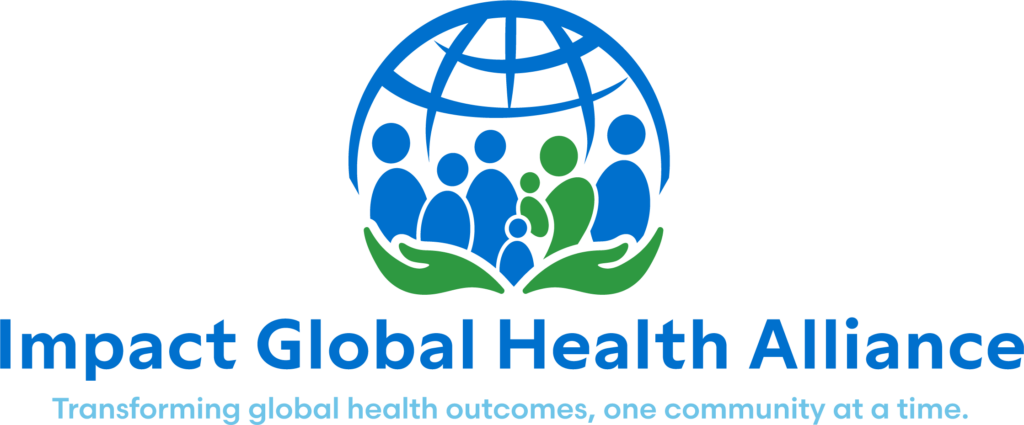By Betty Rupp, Impact Global Health Alliance Global Intern to Liberia
Today is my first day in Ganta, Liberia after arriving from Monrovia in heavy rain the night before. Ganta is the second largest city in Liberia after Monrovia, the capital, yet you can definitely tell a difference between the two. Monrovia has a main paved road and tons of cars, barbed wire and cement buildings, air conditioning and running water, 24-hour electricity, and a sprinkle of restaurants with bars. Of course these amenities are enjoyed by few, with the majority of people living in everything from unfinished, windowless cement buildings to mud brick houses with thatched roofs.
Ganta, however, has a smaller feel to it, like a more rural and communal town. I say town instead of city because it seems to have so much less infrastructure than Monrovia. Here at the Ganta United Methodist Guest House and in the office on the hospital grounds where the staff work, electricity is powered by a generator only at a few times during the day. Most people in Ganta can’t even afford generators much less the fuel to run them. Gas is $5 per gallon and the average Liberian lives on less than $1 a day. The roads here are made of mud and pocked with holes and gouges the size of small riverbeds. The wares of the main street shops are much more subsistence and much less luxury. Yet somehow the people here are much quicker to smile and wave, much more relaxed.

Today we heard that they were going to install a water pump in one of the communities and that we may get to see it. So when we were told it was indeed happening, we (the interns) dropped what we were doing and headed out with the team. We drove about 10 minutes through and out of town to Peace community, a town of about 1,000 people. As soon we pulled into the town and off the main road a throng of small children started following us, smiling and waving.
The first things you notice in such a different landscape when you’re away from home are the things that are most familiar, the things that stand out in stark contrast like an oddity, a peculiarity. I noticed that many of the children were wearing old and weathered t-shirts with familiar slogans and names. A Harvard University t-shirt particularly caught my eye, as did a Miley Cyrus shirt that was ripped in a few places, but the logo was very much that of the young pop icon who has a penchant for flashing paparazzi.
There were many people from the community gathered around to observe the pump installation. Among them was the village chief, a youngish man of about 30 or so. I remember him saying how thankful he and his community was for this pump, and how it would now be their responsibility to maintain and keep this pump working, for the good of his community and all of the people in it. This pump, one of the few in the community, will save countless hours of hauling water back and forth in heavy buckets by women, children, and men en route to and from the closest well to this part of the community, a task that too many know all too well.

Despite the sweltering heat, everyone felt lighthearted and smiled, as if a new hope was in the air. One never realizes how precious clean water is until you’ve had to labor for every drop, every mouthful. As one community elder said so eloquently as the water began flowing for the first time from the new pump, “water is life”. She was right. This point was blaringly clear to me even more so after a line of small children came pouring out of a neighboring house with buckets on their heads, waiting for a turn at the pump. It warmed my heart, and made me thankful for all that I have, and especially for all that I could do to continue contributing to projects like this one, projects that not only save lives, but that give hope as well.
—
Betty is completing her MPH in the Department of Health Behavior and Health Education at UNC-Chapel Hill. Betty worked in Liberia this summer with our newest project, Community Case Management through Ronald McDonald House Charities®, providing health promotion quality control and support, leading a team-building exercise with the Impact Global Health Alliance Liberia Head Office, and conducting research.




